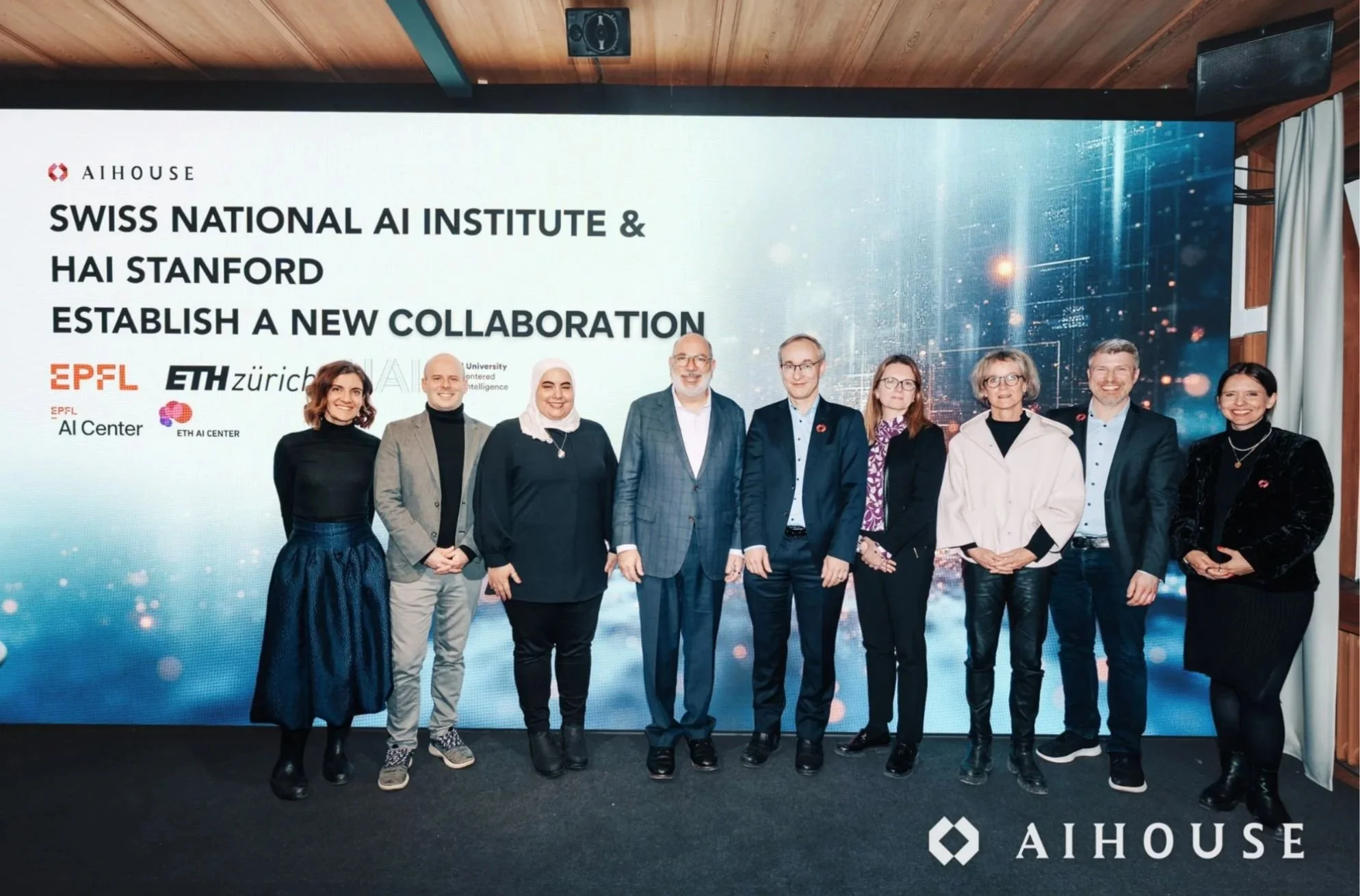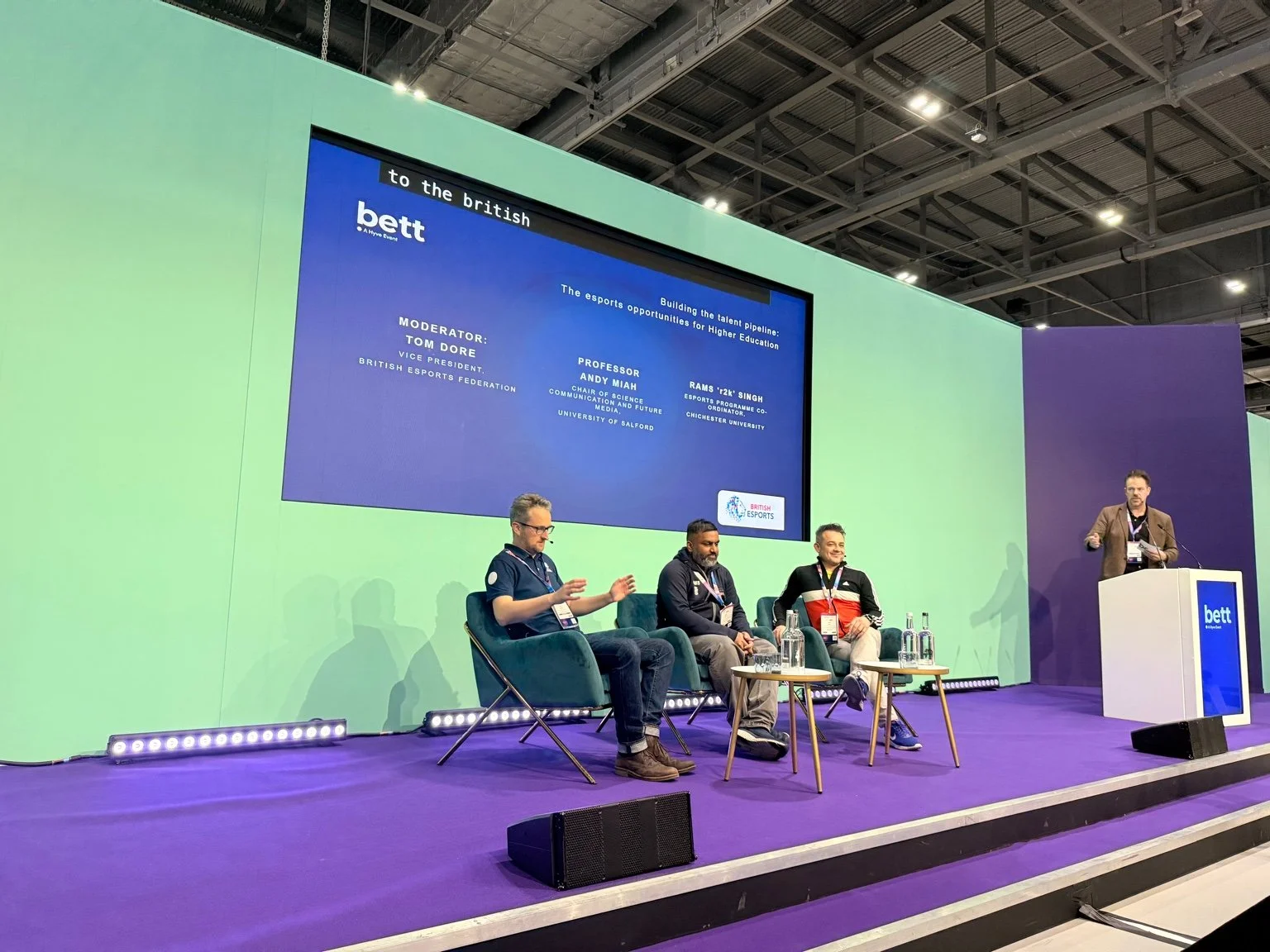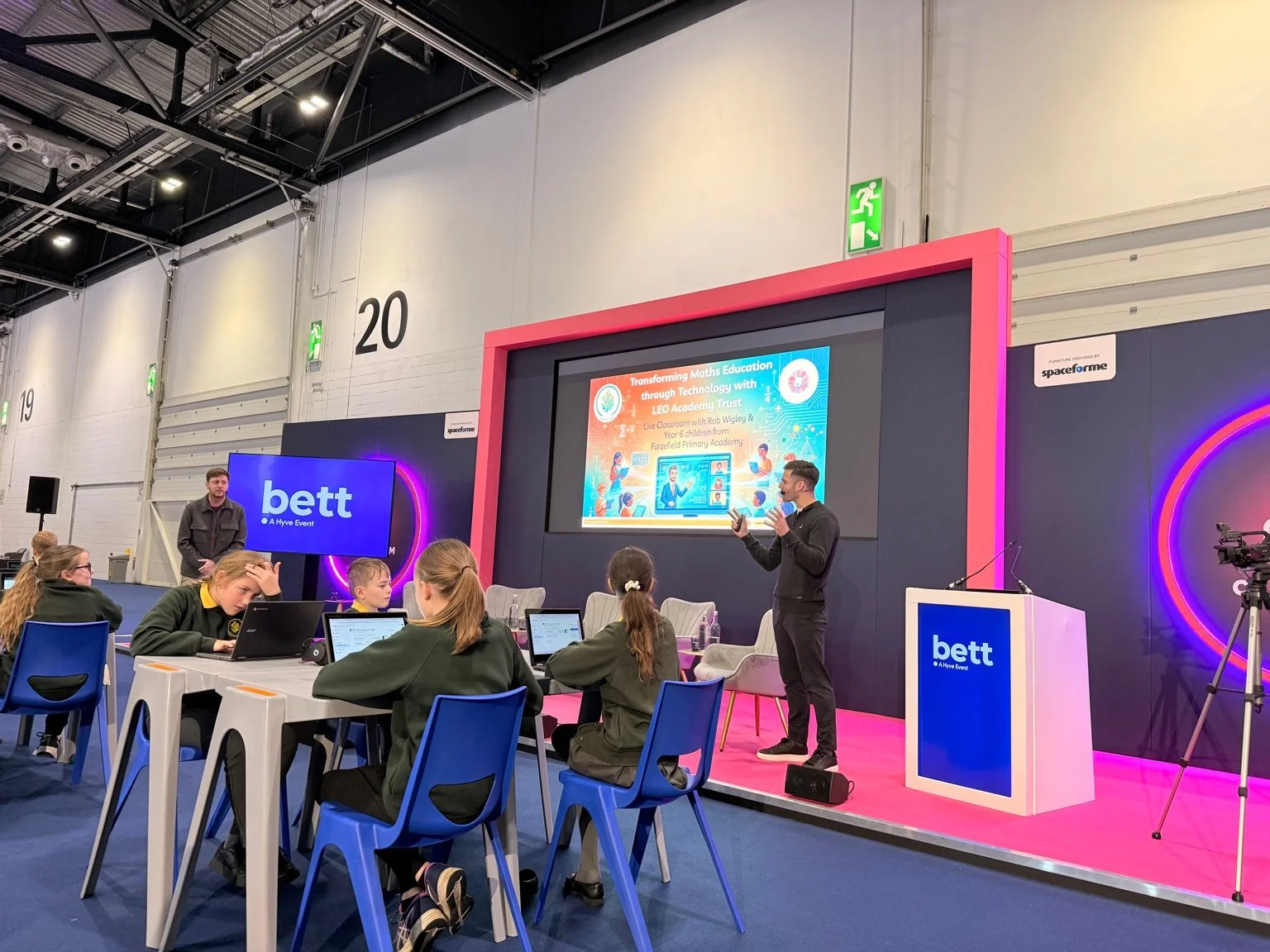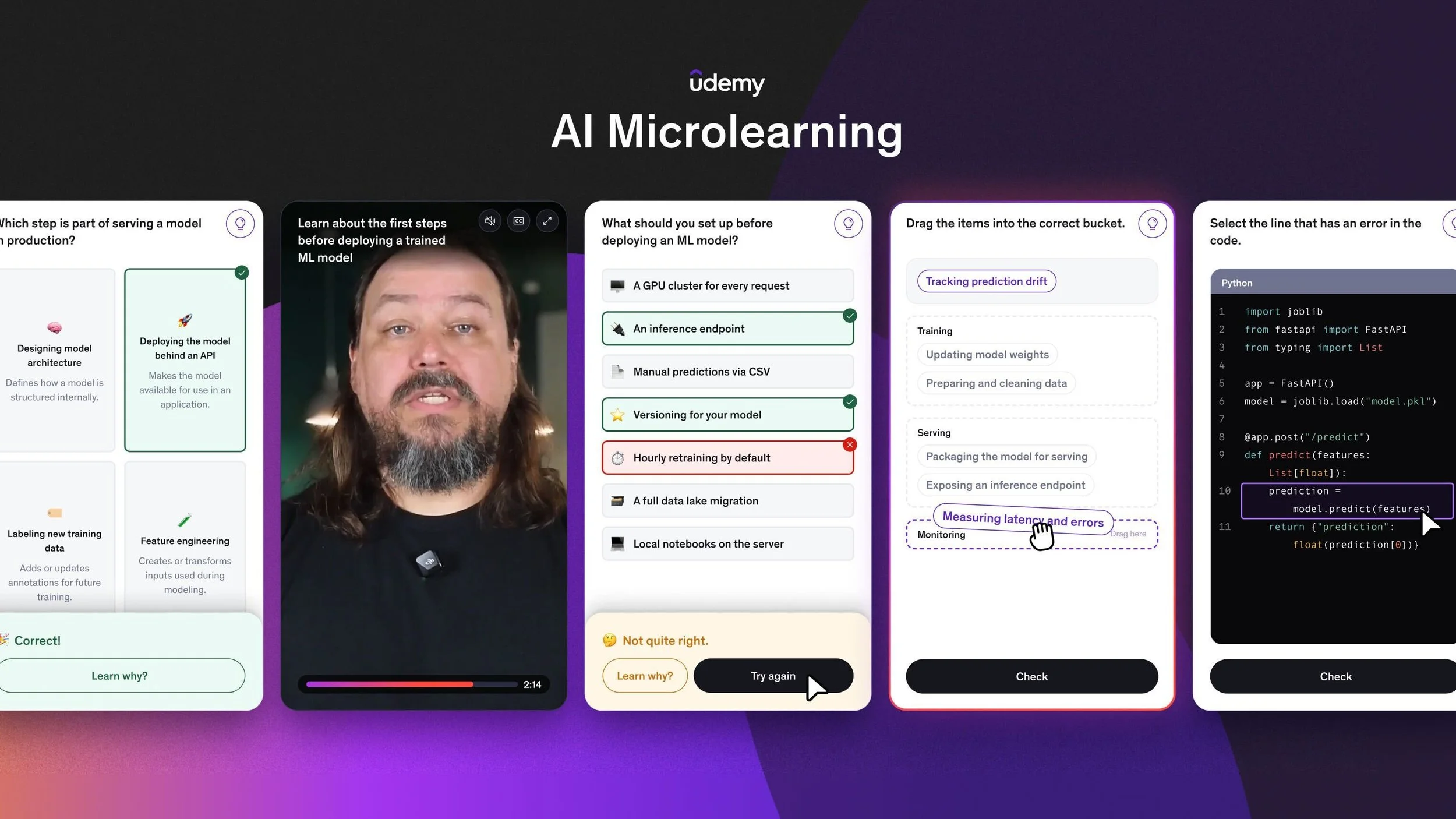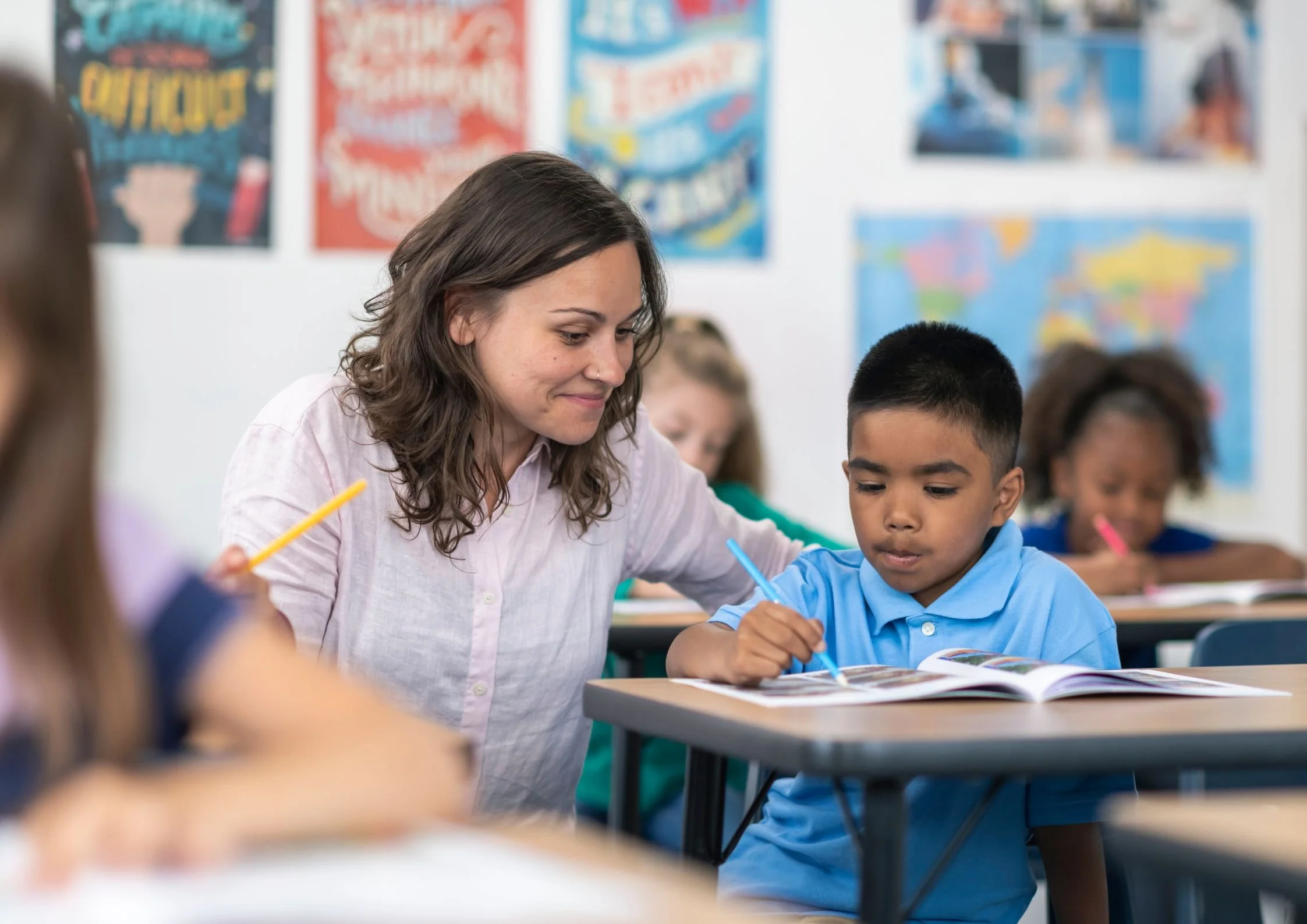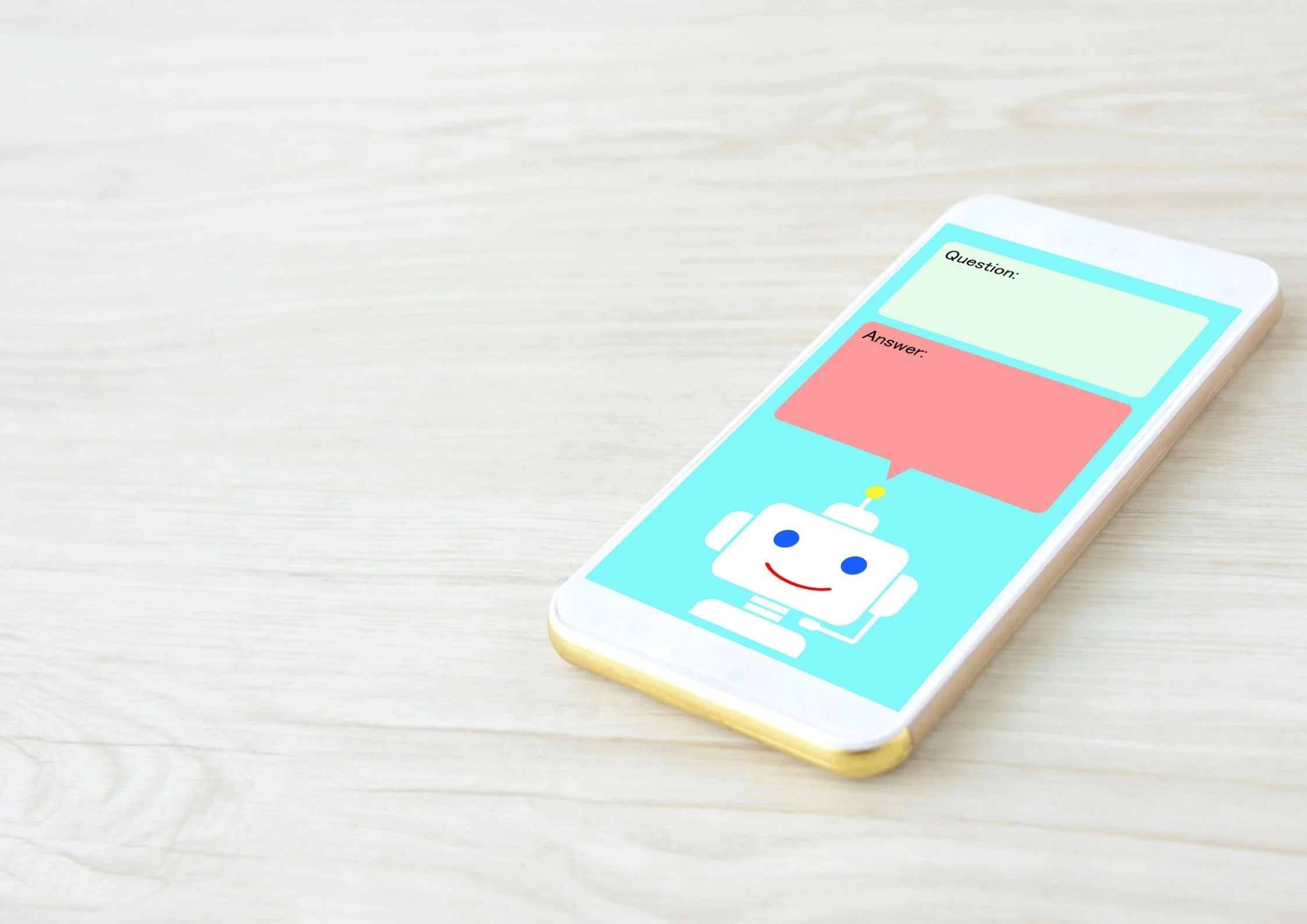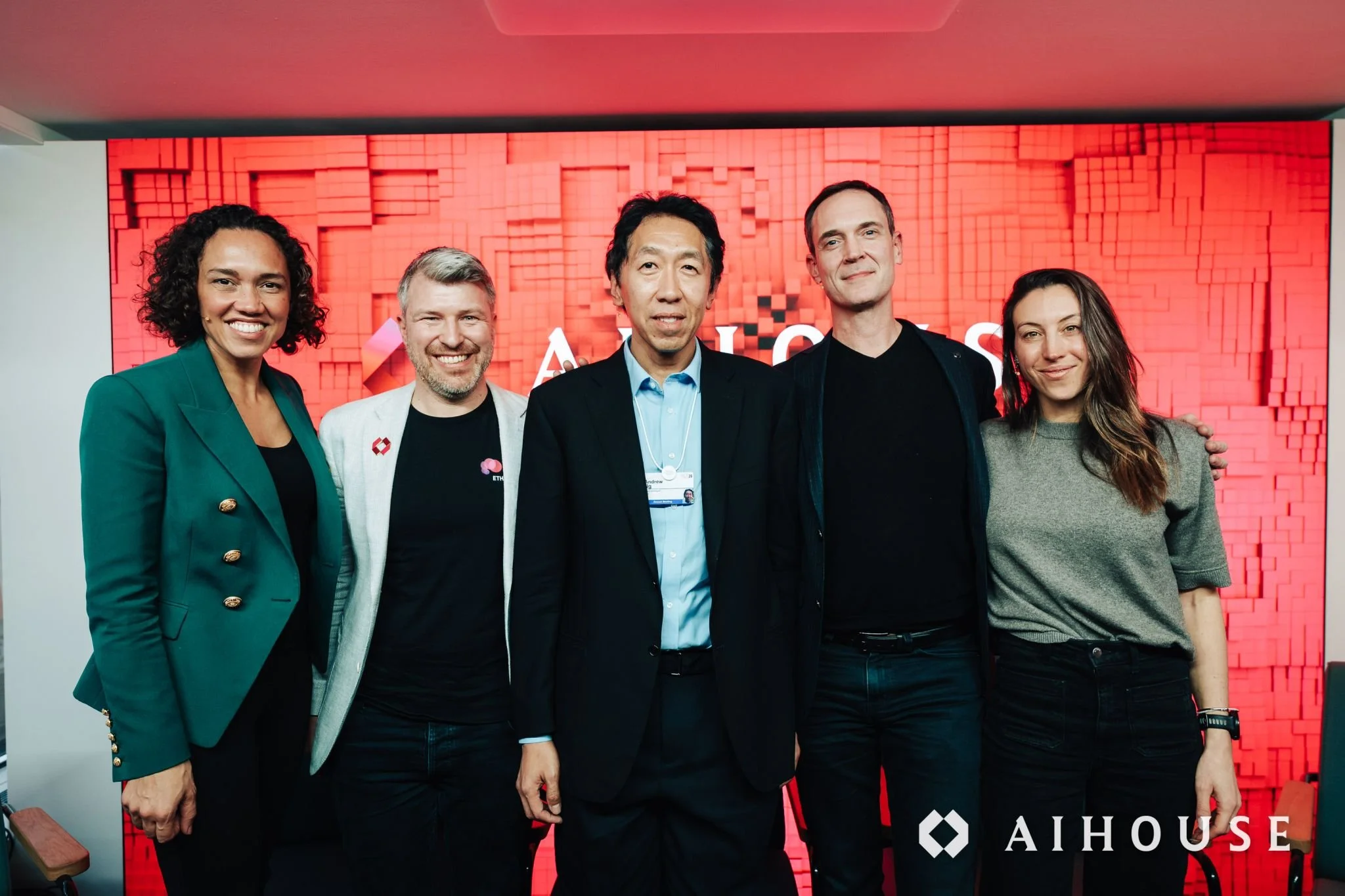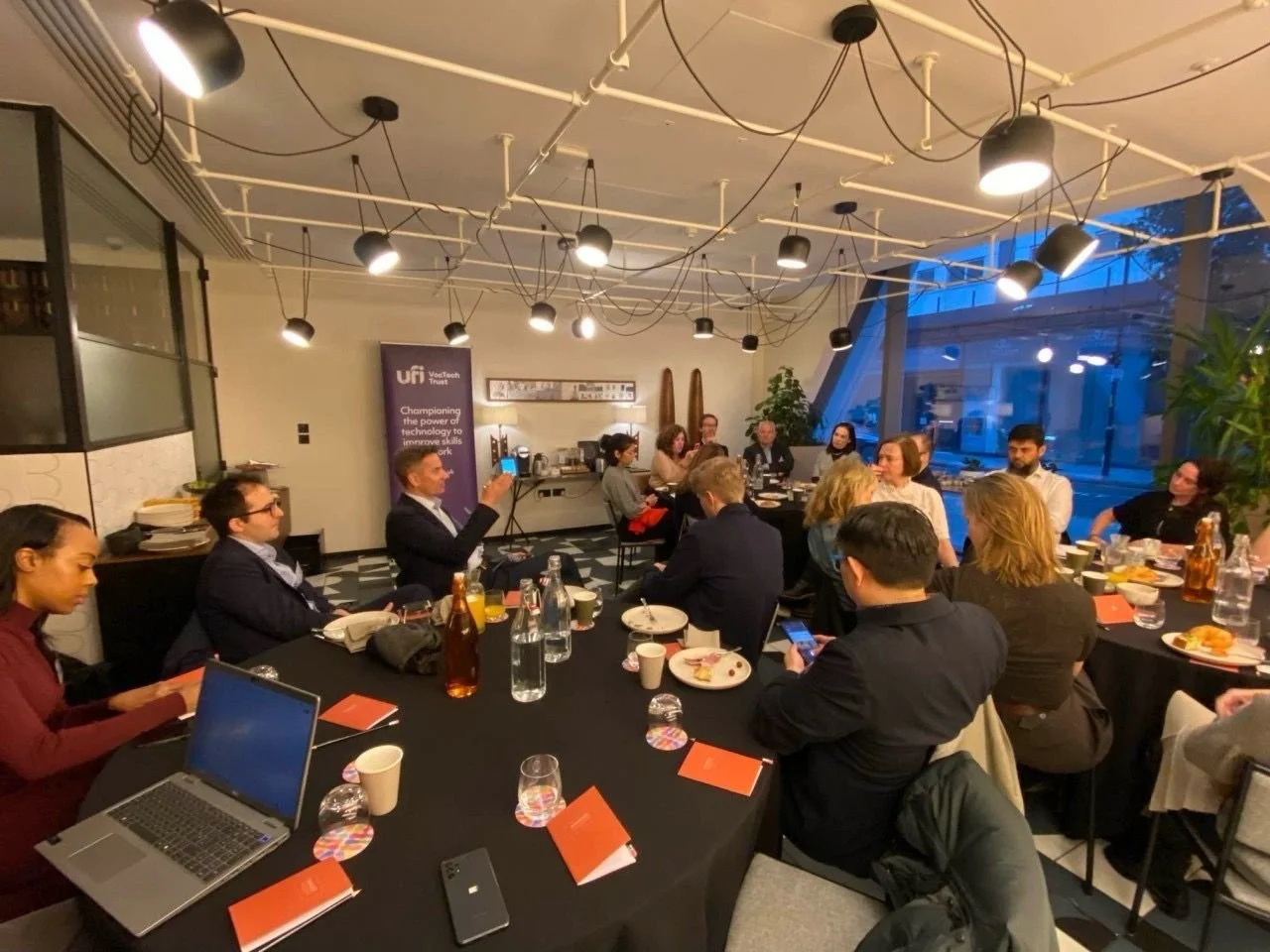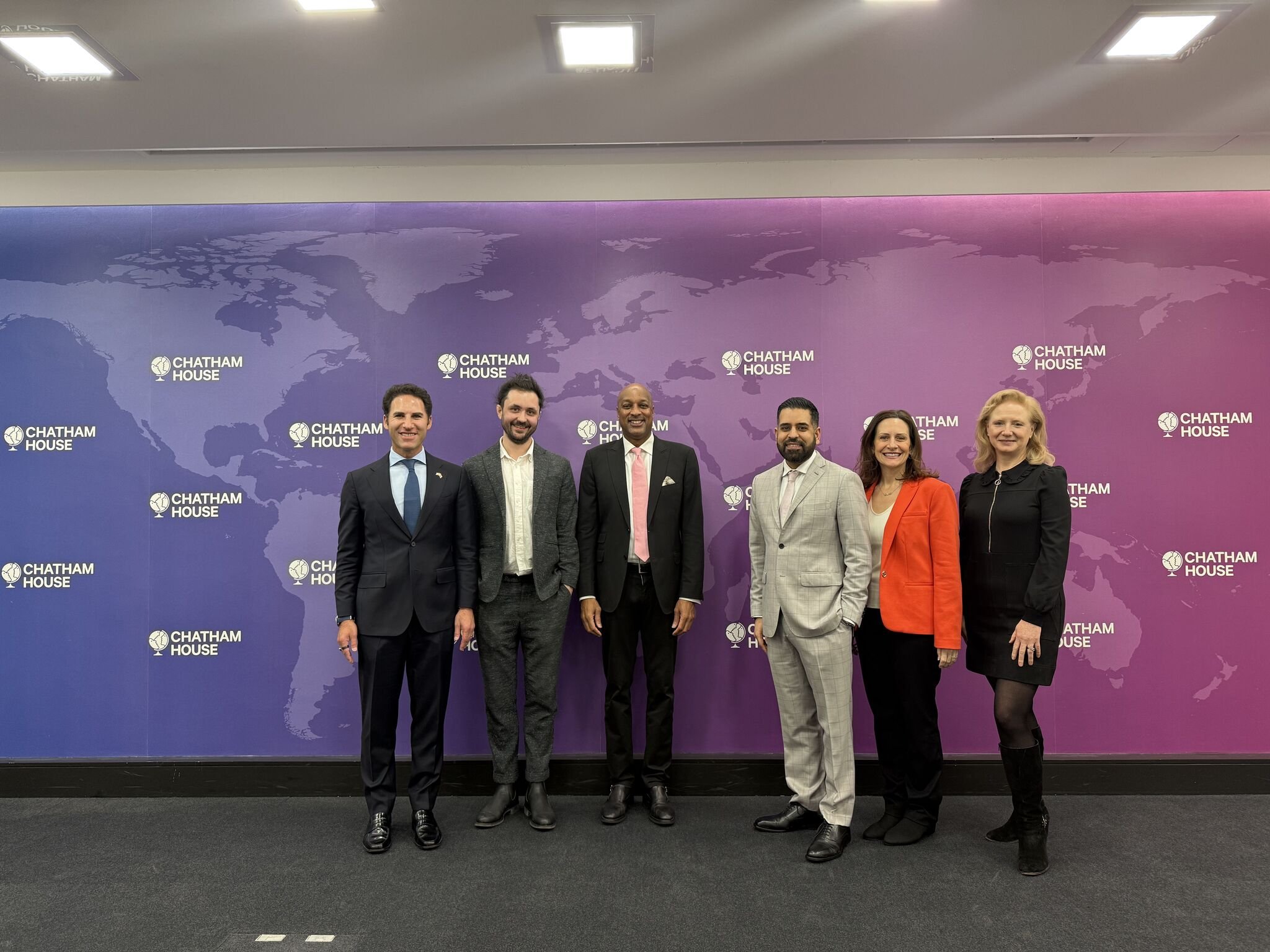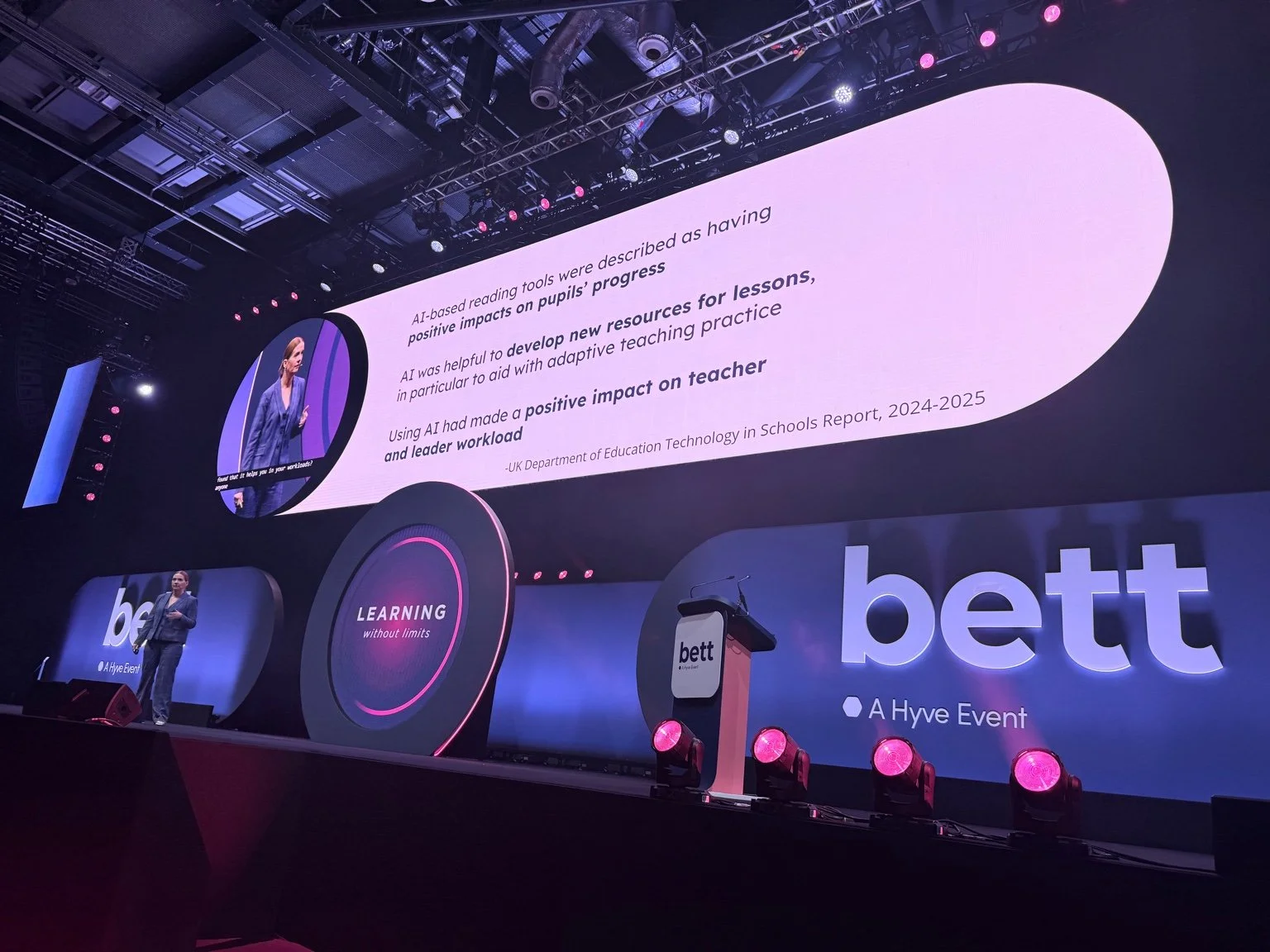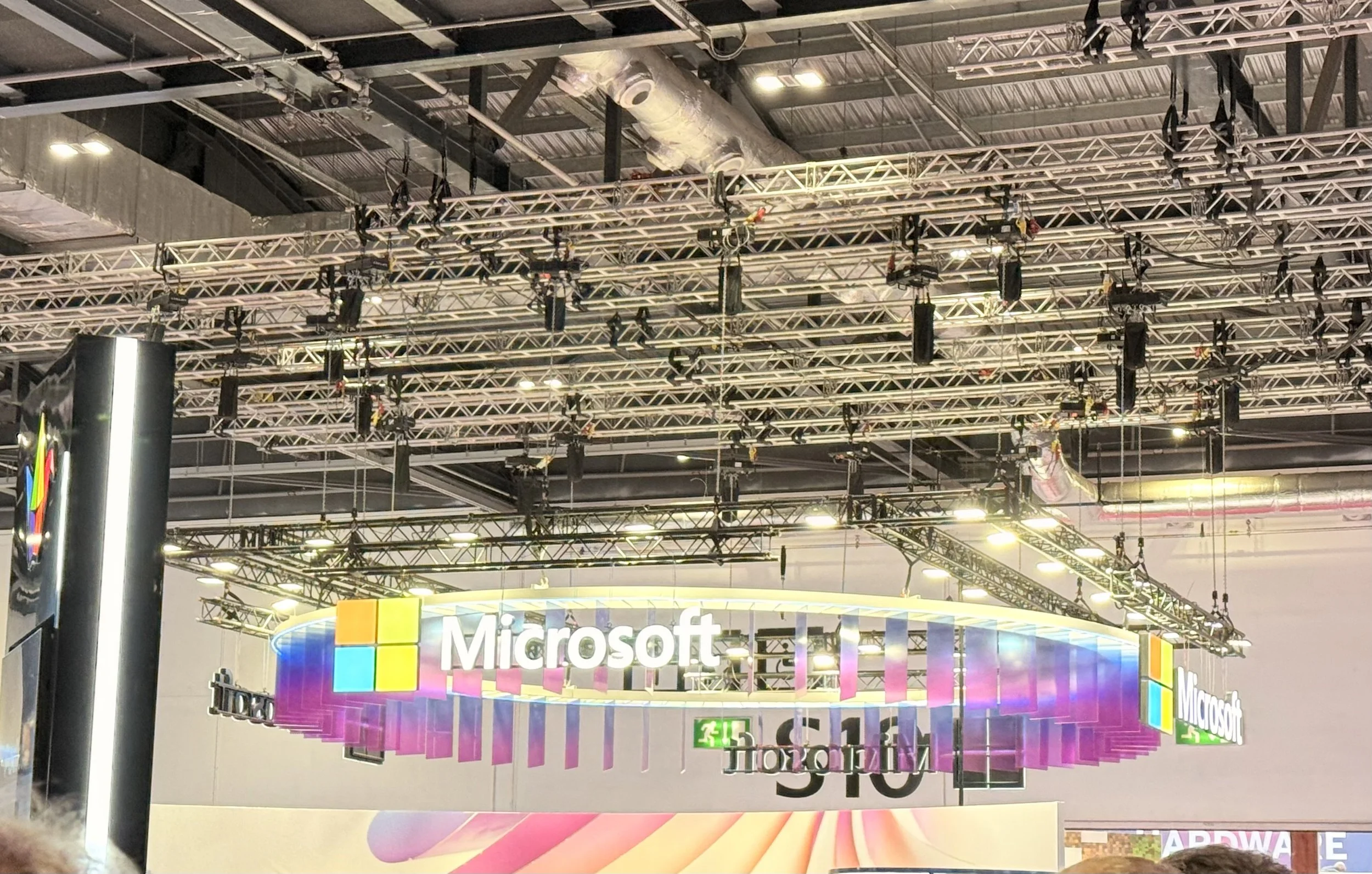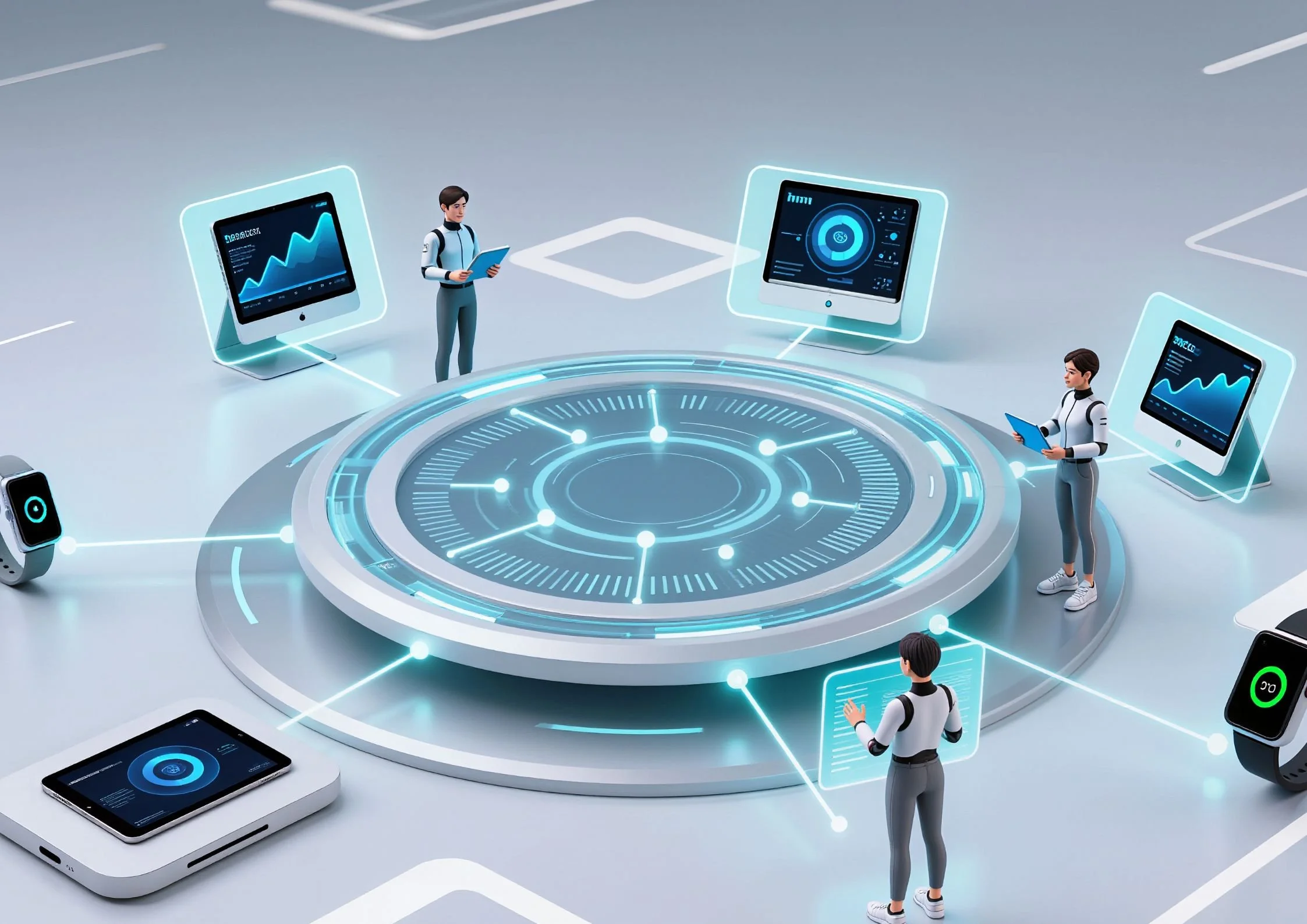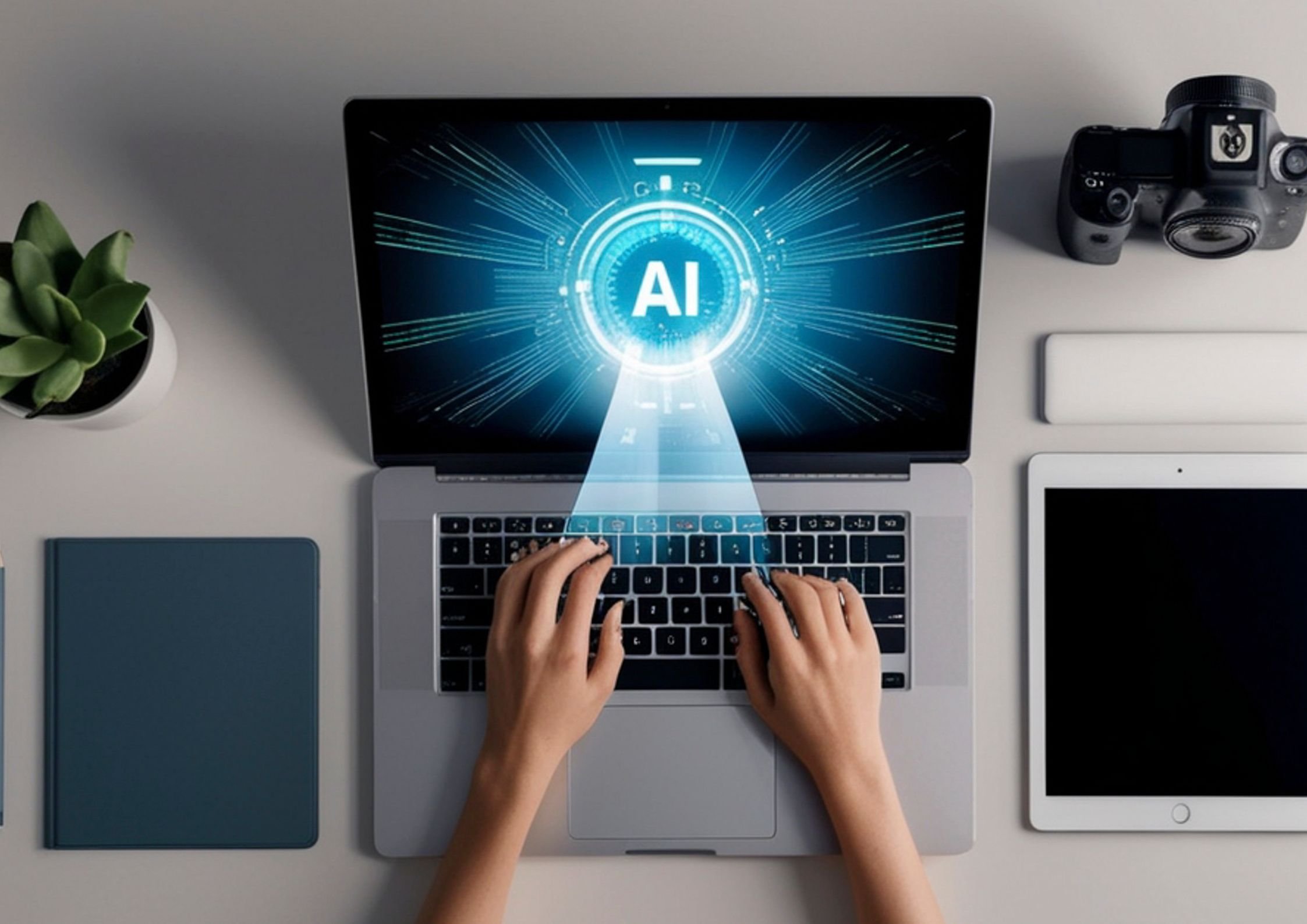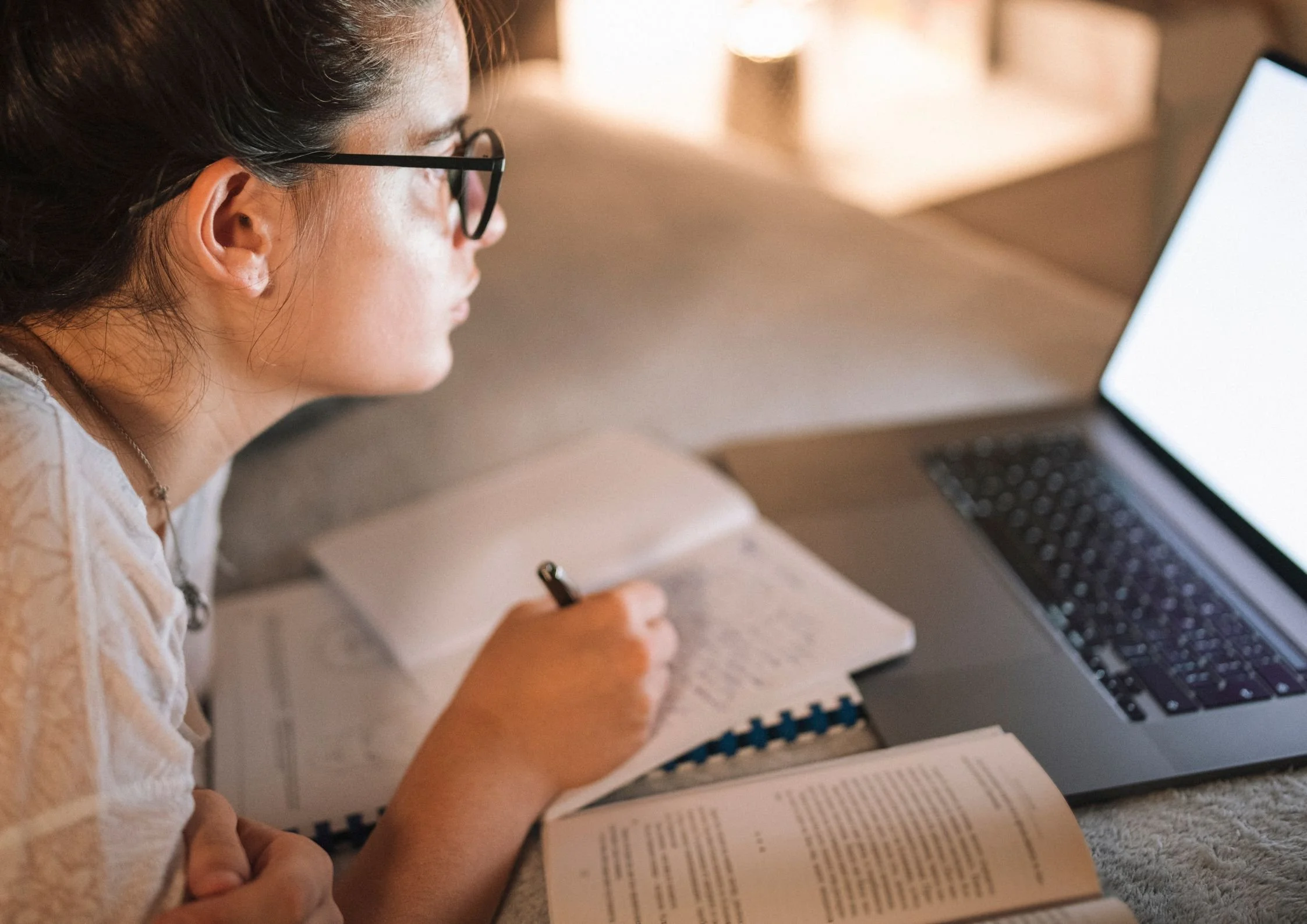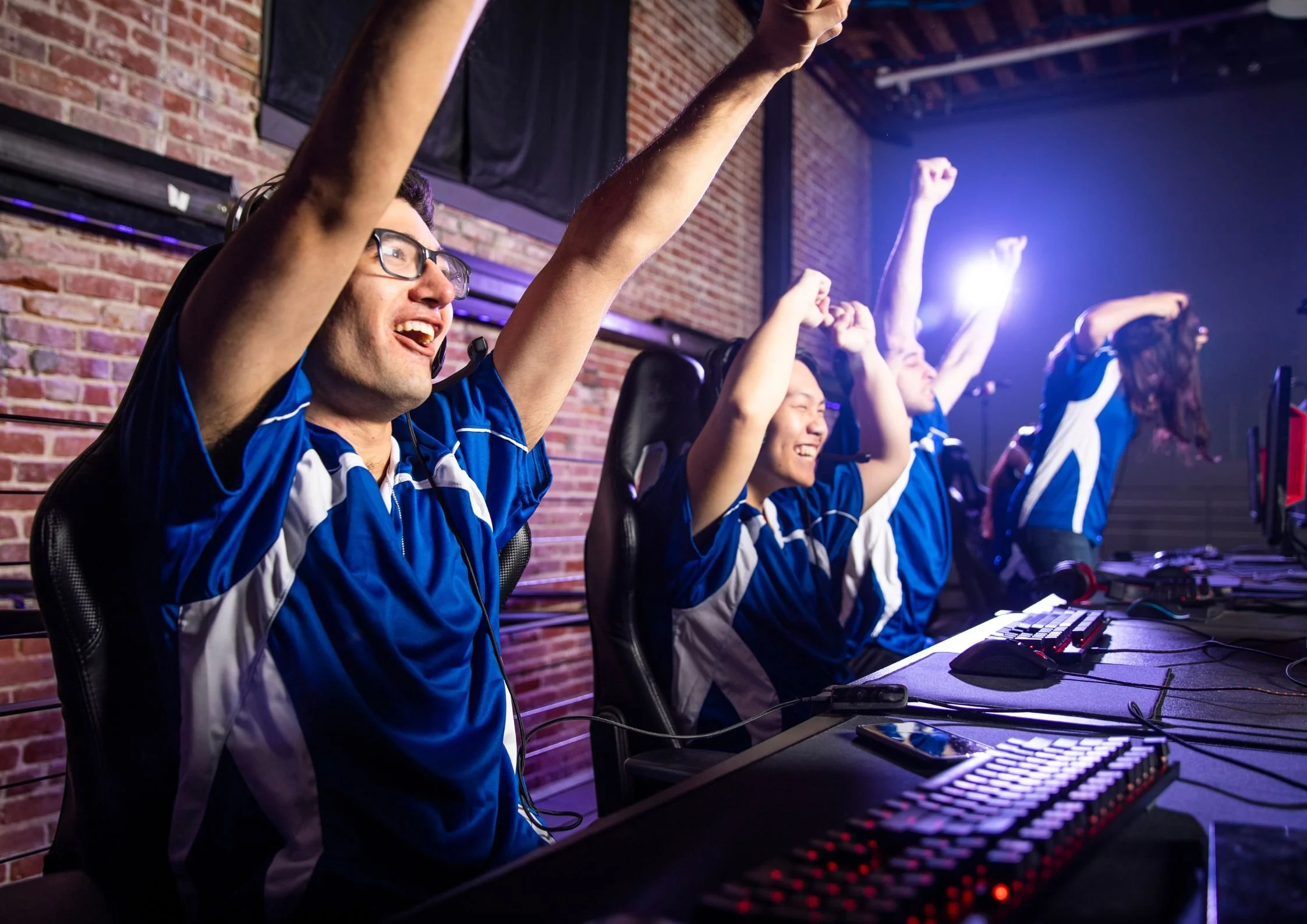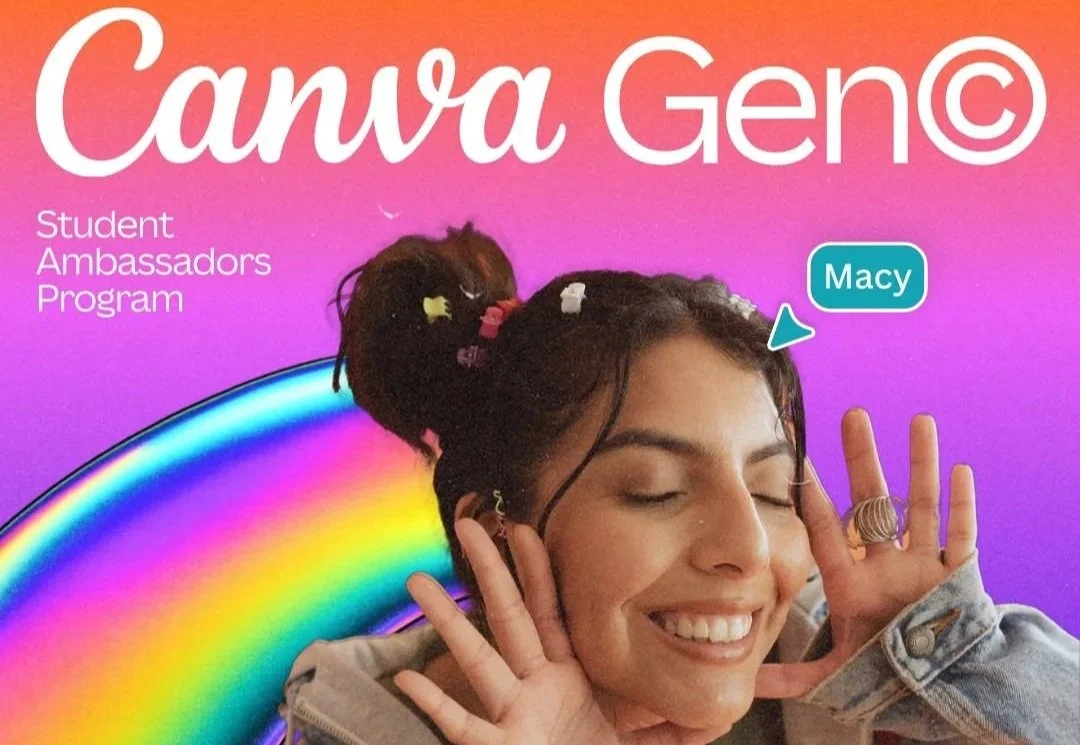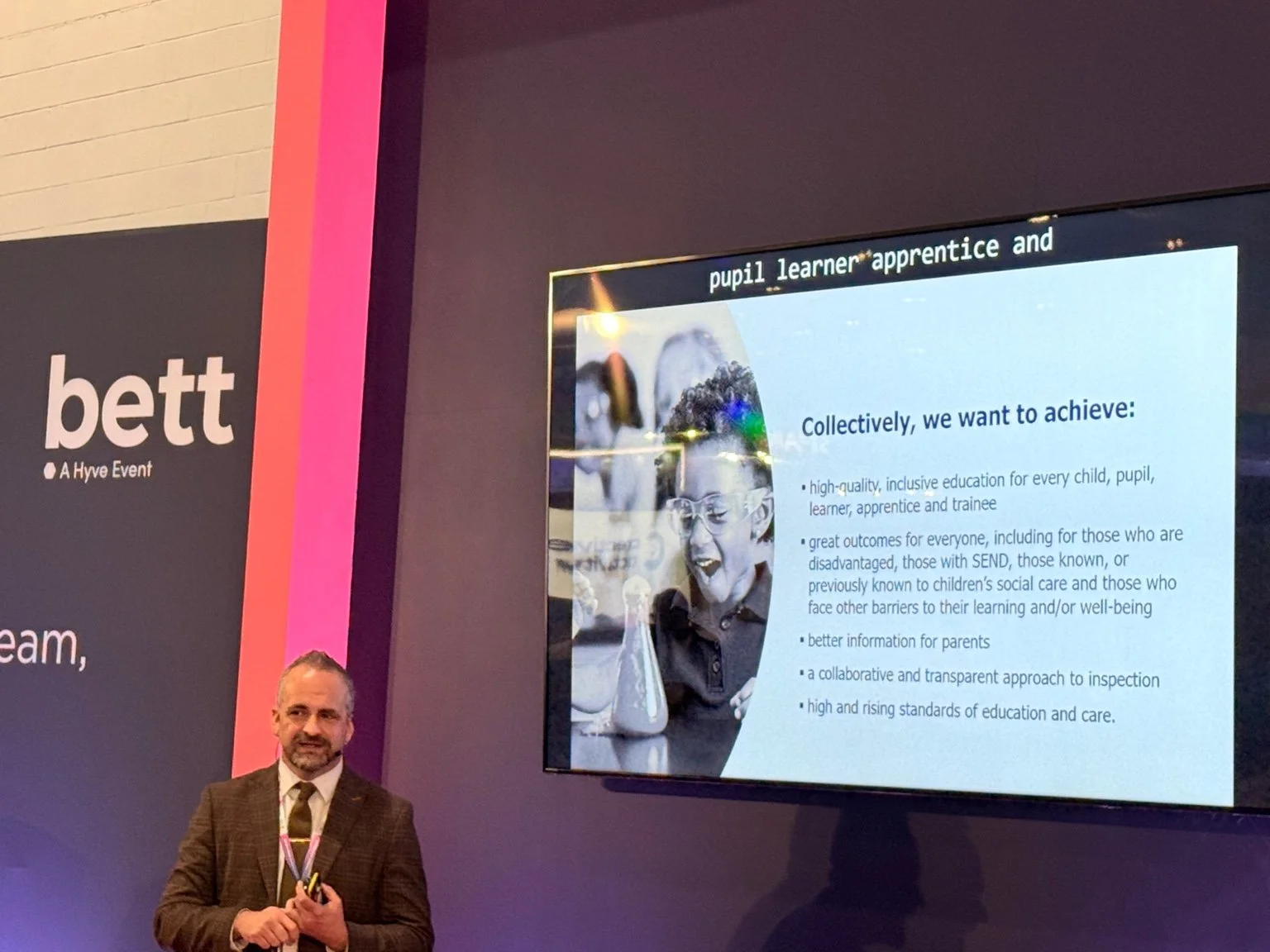University of Roehampton launches five-lesson program helping girls push back against online misogyny in classrooms
The University of Roehampton has developed a five-less classroom plan that helps girls in disadvantaged schools gain confidence to speak up and challenge the rise of online misogyny.

Led by Professor Bryony Hoskins, Professor of Comparative Social Science at the University of Roehampton, the Girls’ Empowerment through Politics in Classrooms (G-EPIC) Intervention research involved more than 884 girls in Year 9 at British schools with high levels of deprivation.
Children in these classes displayed a narrow understanding of politics, associating it with the Government and failing to see its relation to everyday issues such as upskirting and period poverty.
After five lessons, participants showed significant gains in political knowledge, self-belief, and confidence in public speaking. Girls who had started the course unsure how politics related to their lives ended it by presenting campaigns on issues such as period poverty and gender equality.
One student said: “I liked learning about all the different ways you can campaign for change. And learning about problems that affect us as girls. And by the end of all those five lessons, I feel more confident in taking part in politics.”
This research arrives at a time when schools are dealing with the results of the growing influence of online personalities such as Andrew Tate on TikTok, Instagram, and X.
Teachers involved in G-EPIC said some girls themselves used misogynistic language about themselves, which one participant told researchers shows “how deeply these messages have sunk in”.
Participating teachers welcomed the program, with 77 percent agreeing or strongly agreeing that it helped increase their confidence in teaching about gender and politics.
Professor Hoskins says: “With the government reviewing Personal Social Health Education (PSHE) and Citizenship provision, these findings could transform how we teach democracy in the age of TikTok.
“We’re working with a generation of girls who have grown up online, where misogynistic messages are hard to avoid. What we’re seeing is that, through these lessons, they begin to question those messages, gain confidence in what they know, and start to see themselves as people who can take part and make change.”





